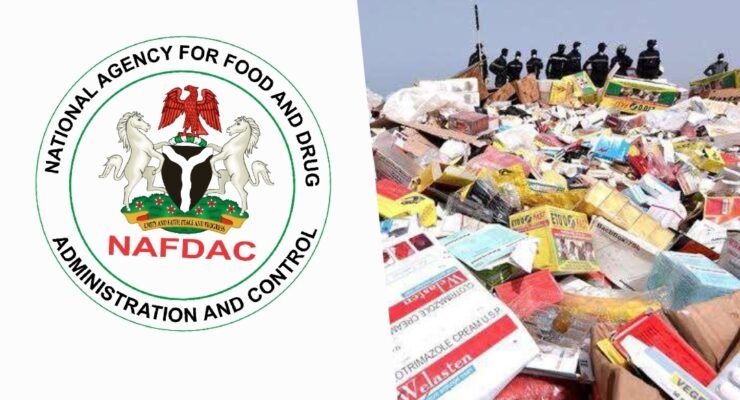Rising Concerns Over Fake Medications and Personal Care Products in Nigeria
Nigeria is facing a growing crisis with the proliferation of counterfeit and substandard medications and personal care products. This issue has sparked urgent calls for action from public figures, including former Big Brother Naija (BBNaija) housemate, Leo DaSilva. DaSilva has publicly urged the National Agency for Food and Drug Administration and Control (NAFDAC) to take immediate steps to curb the circulation of these harmful products.
DaSilva shared his own troubling experience, revealing that within just one month, he unknowingly purchased several fake items. These included cod liver oil, Gestid, Sensodyne toothpaste, Simple face wash, and deodorant. His account highlights how easily consumers can be deceived by counterfeit products that appear genuine but are ineffective or even dangerous.
The actor emphasized the need for NAFDAC to conduct raids on supermarkets, particularly in Abuja, where the problem seems to be most prevalent. He expressed frustration over the sheer volume of fake products available in the market, stating, “The amount of fake drugs, fake deodorants, fake toothpaste and fake skin care in Nigeria is ridiculous.” His call for action reflects a broader concern among Nigerians who are increasingly aware of the risks associated with counterfeit goods.
A Growing Public Health Crisis
The issue of substandard medications is not limited to DaSilva’s experience. Actress and producer Mary Remmy Njoku has also spoken out about her recent encounter with what she believes to be an ineffective medication. While working on a film set, she fell ill and took medication purchased from a well-known pharmacy chain in Nigeria. However, the medication did not provide relief, and her symptoms persisted for three days.
It was only when her husband administered the same medication, which had been purchased from abroad, that she began to feel better within minutes. Njoku highlighted that her case is not an isolated incident, emphasizing the urgent need for NAFDAC to address this growing public health threat.
She warned that the availability of substandard drugs could lead to serious health complications, especially for those who rely on these products for treatment. Her experience underscores the importance of ensuring that all medications and personal care products meet safety and efficacy standards.
The Role of Regulatory Bodies
As the number of reports about counterfeit products continues to rise, regulatory bodies like NAFDAC are under increasing pressure to act swiftly. The agency has a critical role in monitoring the quality of drugs and personal care products available in the market. However, many citizens believe that more needs to be done to enforce regulations and hold manufacturers and retailers accountable.
Public awareness campaigns and stricter enforcement measures could help reduce the prevalence of fake products. Additionally, improving consumer education on how to identify counterfeit items may empower individuals to make safer choices when purchasing essential goods.
A Call for Collective Action
The situation highlights the need for a collective effort from both the government and the public to combat the spread of fake medications and personal care products. Consumers must remain vigilant and report suspicious products to the relevant authorities. At the same time, regulatory agencies must prioritize transparency and efficiency in their operations to restore public trust.
As cases like those of DaSilva and Njoku continue to surface, it becomes clear that the issue of counterfeit products is not just a matter of inconvenience but a serious threat to public health. Urgent and sustained action is required to protect the well-being of Nigerians and ensure access to safe and effective medical and personal care products.

